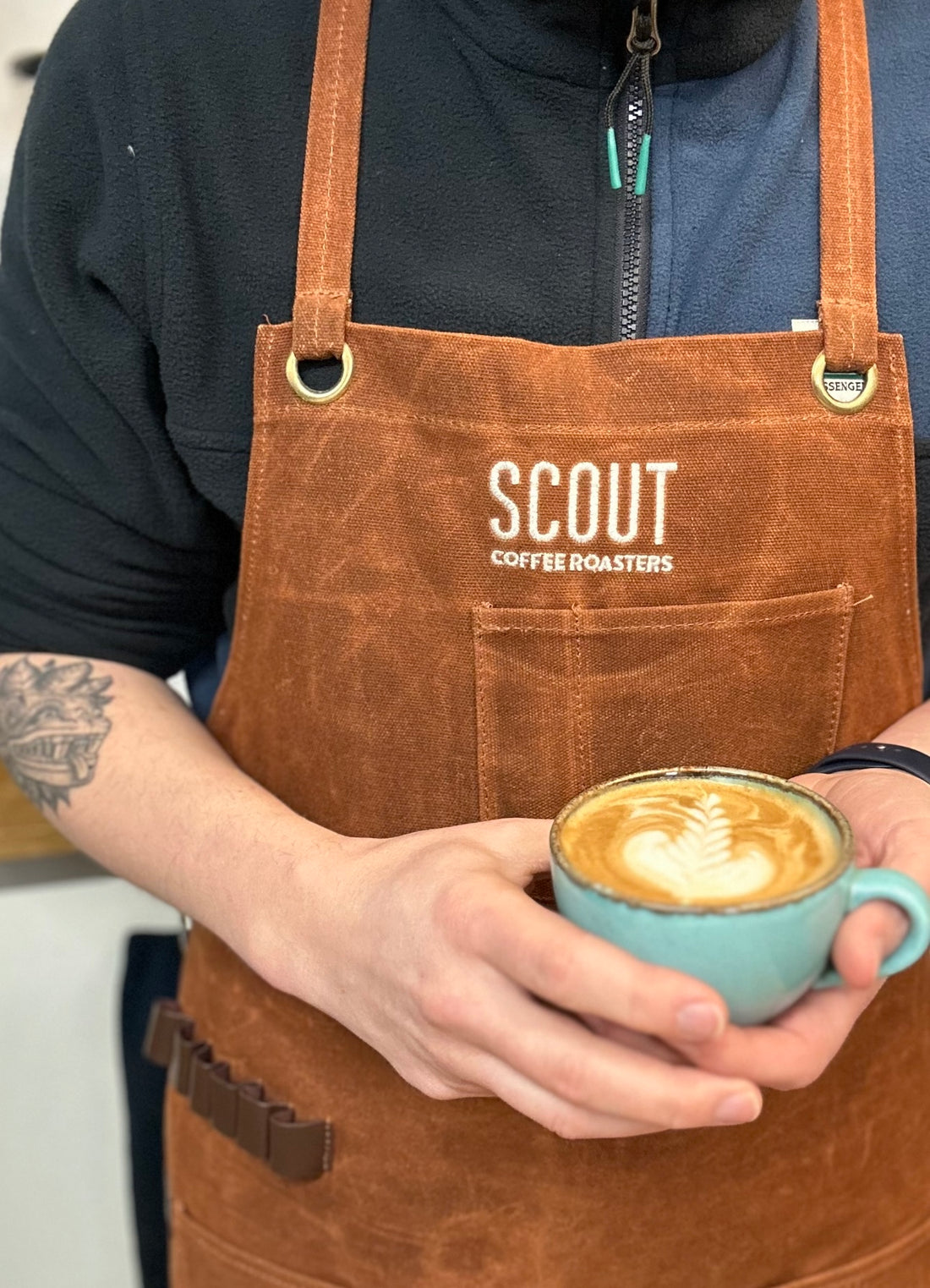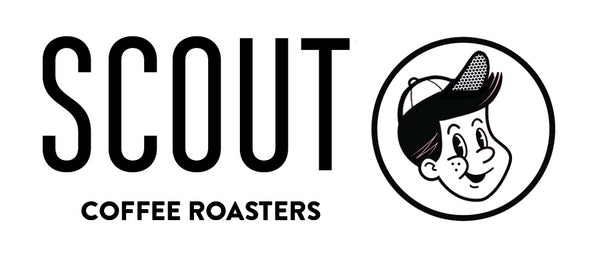
Brewing Trouble: Exploring the Soaring Cost of Wholesale Coffee in the UK
Share
How we buy coffee... it's in advance, like really far in advance.
This week, we've just signed off on our supply to take us into 2025. Yep, we've literally just completed the first 3 months of the year, one quarter and we're trying to forecast what our needs will be for the coming year.
Partly based on growth, partly based on securing prices to keep our Wholesale Coffee Partners and Retails customers retaining a valuable price point, and partly based on retaining the all important flavour profile.
It's always going to be natural for prices to creep up year on year, but what's being the usual 'Price Rise' - it's certainly more than just the annual wage rise. We set to work to compile an insight to how the price of our daily cup of Joe costs just that bit more in 2024 that it did in 2023.
The Rising Costs:
In recent years, the wholesale price of coffee beans has been on an upward trajectory, posing a considerable challenge for coffee roasters, cafes, and retailers. Several factors contribute to this surge:
- Climate Change: The coffee industry is highly sensitive to climate variations, and the effects of climate change have been devastating for coffee-growing regions. Unpredictable weather patterns, including droughts, floods, and rising temperatures, have adversely affected coffee yields, leading to a decrease in supply and subsequently driving up prices.
- Economic Factors: Economic instability in coffee-producing countries, such as Brazil, Colombia, and Vietnam, also plays a significant role in the escalating cost of coffee. Currency fluctuations, political unrest, and labour shortages contribute to supply chain disruptions and increase the cost of production.
- Demand Outstripping Supply: Despite the challenges faced by coffee producers, global demand for coffee continues to rise steadily. Emerging coffee markets, coupled with increasing consumption in traditional coffee-drinking nations like the UK, put additional pressure on the already strained supply chain, pushing prices higher.
Implications for Businesses and Consumers:
The surge in wholesale coffee prices has far-reaching implications for businesses and consumers in the UK:
- Profit Margins Squeezed: Coffee roasters and retailers are forced to absorb higher costs or pass them on to consumers, which can squeeze profit margins and impact business sustainability. Small, independent cafes and specialty coffee shops may face particularly tough challenges in maintaining competitive pricing while sourcing quality beans.
- Consumer Price Hikes: As wholesale coffee prices continue to climb, consumers are likely to experience higher prices at their favourite cafes and supermarkets. This could potentially lead to changes in consumer behaviour, with some opting for cheaper alternatives or reducing their coffee consumption frequency.
- Quality Concerns: To mitigate rising costs, some businesses may compromise on the quality of their coffee beans or switch to cheaper blends, impacting the overall coffee experience for consumers. Maintaining quality standards amidst cost pressures becomes a delicate balancing act for coffee industry stakeholders.
Adapting to the New Normal:
In the face of these challenges, adaptation and innovation are key for coffee businesses to navigate the turbulent waters of the wholesale coffee market:
- Sustainable Sourcing Practices: Embracing sustainable sourcing practices and supporting coffee producers through fair trade initiatives can help mitigate the impact of rising costs while ensuring a reliable supply chain.
- Diversification of Offerings: Coffee businesses can explore diversification strategies, such as offering alternative beverages, expanding food menus, or introducing subscription services, to offset the impact of rising coffee prices and appeal to a broader customer base.
- Education and Transparency: Transparency in pricing and educating consumers about the factors influencing coffee prices can foster trust and loyalty. Engaging customers in the story behind their coffee and highlighting the value of quality beans can justify price increases and strengthen brand loyalty.
Conclusion:
The soaring cost of wholesale coffee in the UK presents a significant challenge for businesses and consumers alike, driven by a complex interplay of climate, economic, and demand-related factors. However, with resilience, innovation, and a commitment to sustainability, the UK coffee industry can weather the storm and continue to deliver the beloved beverage that fuels the nation's caffeine cravings.
